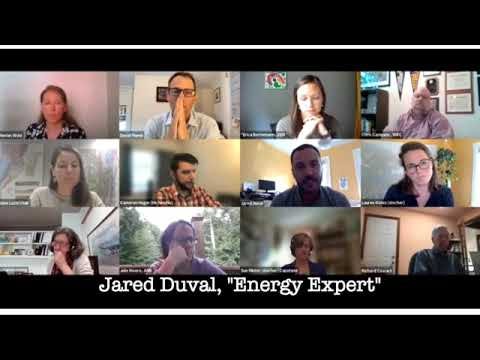The headline in VT Digger read, “Officials issue warnings about flood-related scams,” and, “Natural disasters make people more vulnerable to scams.” Surely, they do, and Vermonters should indeed be on the lookout for those praying on people’s fears and emotions in the wake of the tragic flooding so many areas of our state are experiencing. But, ironical…
Keep reading with a 7-day free trial
Subscribe to Behind the Lines: Rob Roper on Vermont Politics to keep reading this post and get 7 days of free access to the full post archives.



